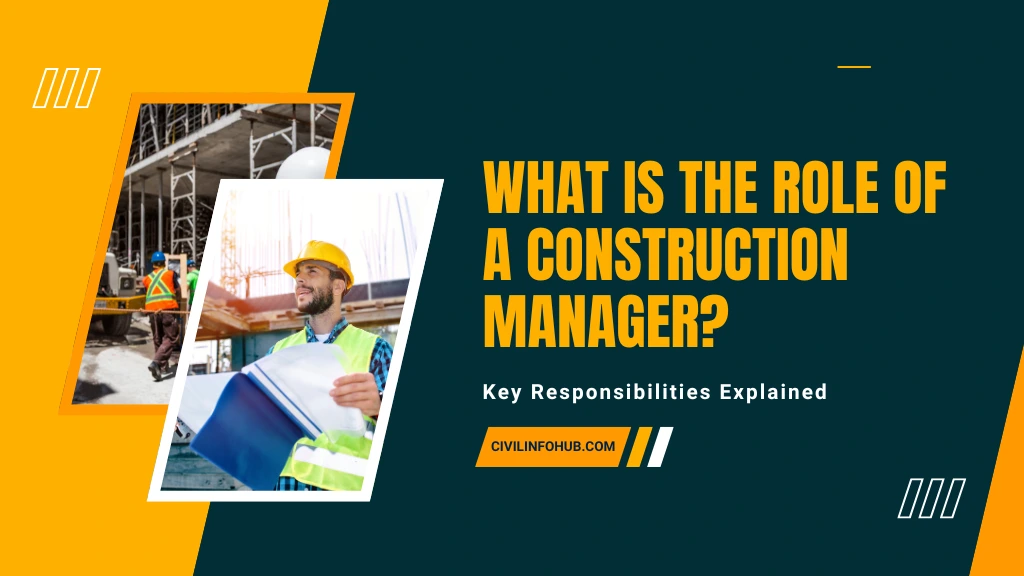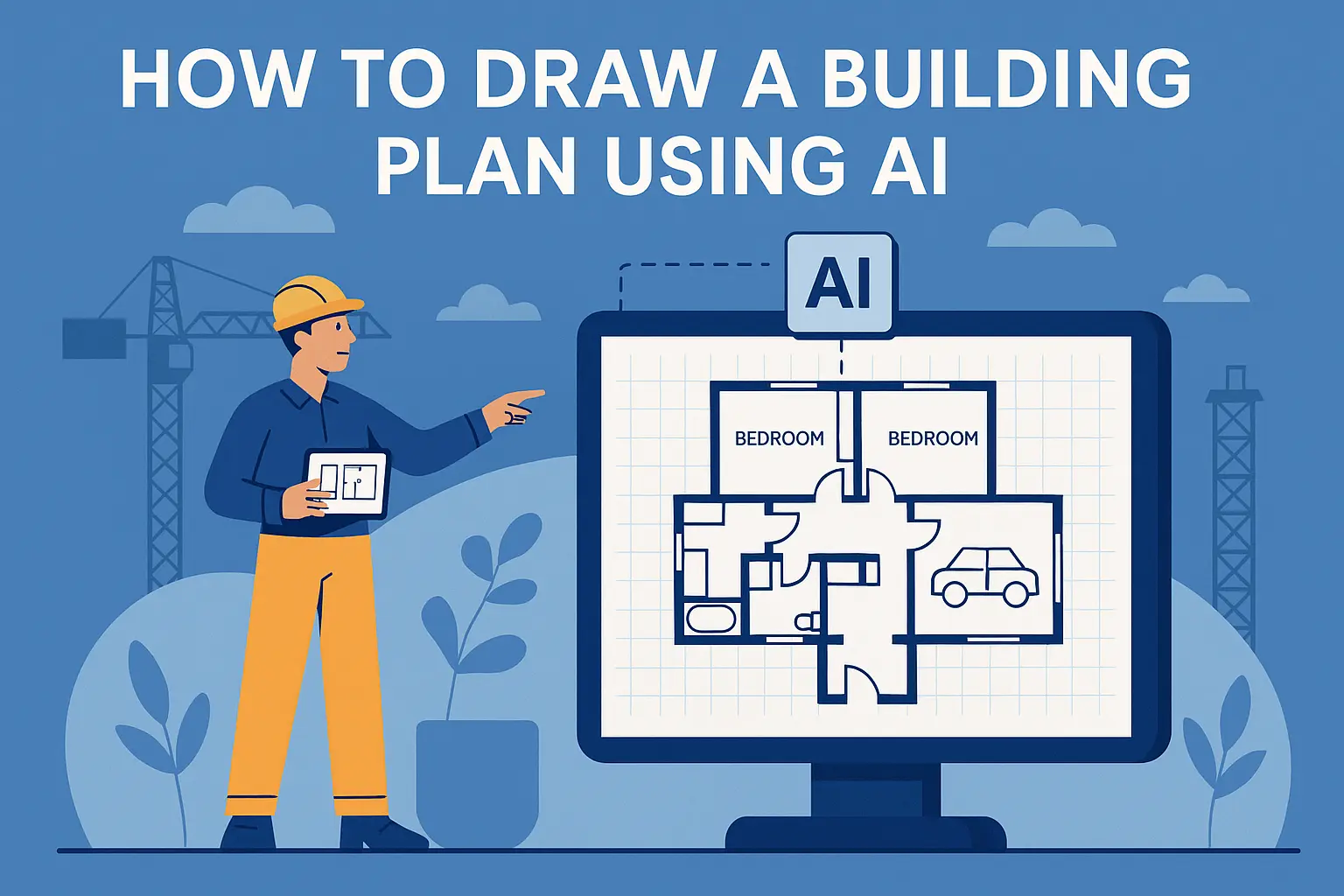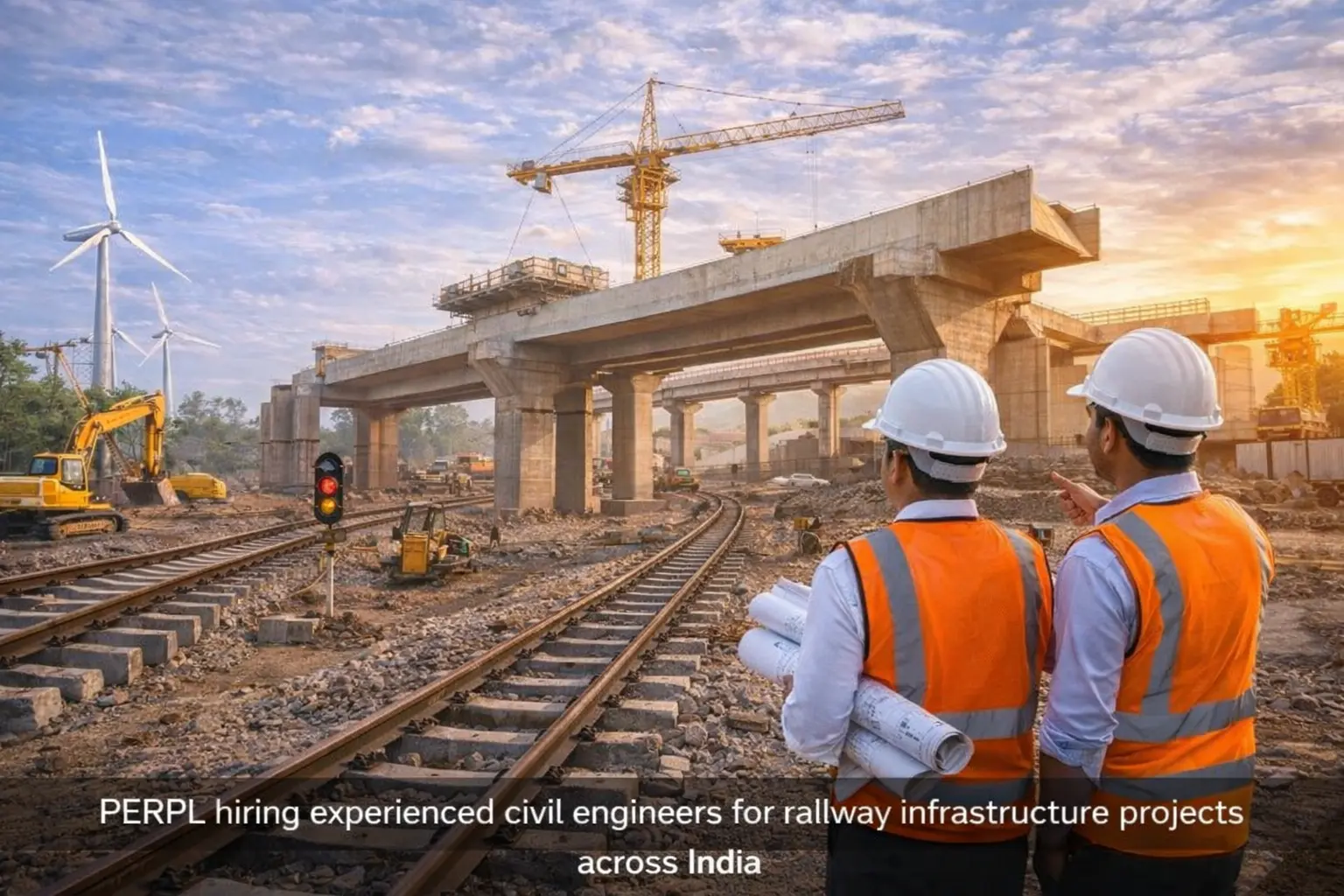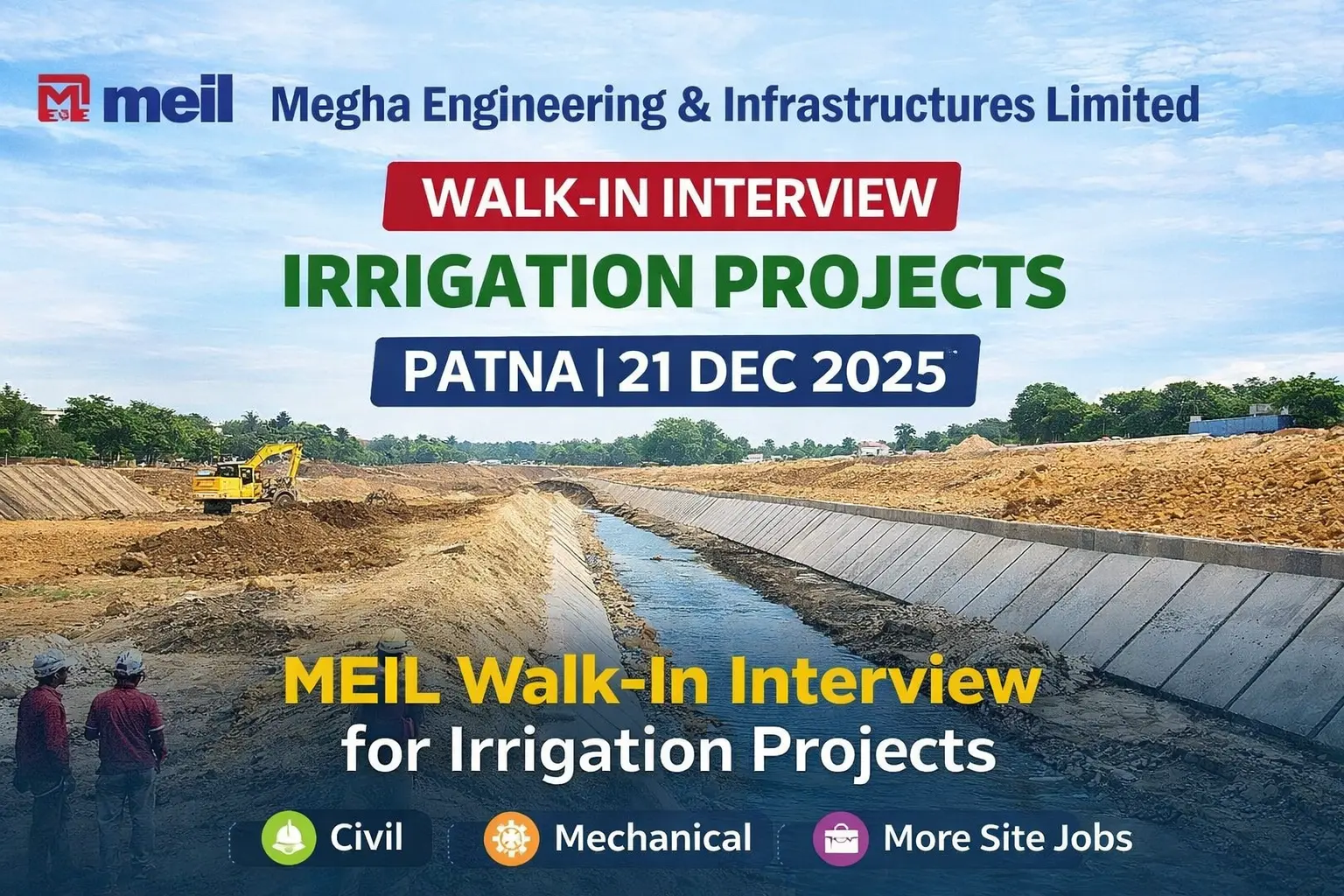The construction industry is a big industry, with detailed planning the coordination of many parties, and the actual work of precise execution. A construction manager is at the heart of every successful construction project able to make sure things run smoothly from start to finish. What exactly is their role? This article will explore in detail the broad but crucial responsibilities, skills, and importance of a construction manager in today’s construction industry.
What is a Construction Manager?
The construction manager is the professional who presides over the construction project plan, coordinates, and controls. While working closely with clients, architects, engineers, and contractors, they guarantee that the project will be finished on time, and budget, and by quality standards. Construction Managers are key to building blueprints into reality in any type of building, whether it’s a residential building, a commercial structure, or infrastructure development.
Key Responsibilities of a Construction Manager
1. Project Planning and Scheduling
One of the main responsibilities of a construction manager is planning. They:
- Create a detailed project plan with what needs to be done, by when, and by whom.
- Make real schedules to ensure that the project is being made properly.
- Determine what risks could cause delays or problems and figure out what you can do as contingency so you won’t be slowed.
2. Budget Management
Managing a project budget is a big part of a construction manager’s job. They:
- Substantial reconnaissance of the site, materials, labor, and equipment shall be dealt with in the form of detailed cost estimates.
- Modify the budget if you cannot achieve the time or budget constraints by doing the work in a different order.
- Seeking the most competitive prices for quality materials from vendors and suppliers.
3. Resource Allocation and Coordination
Any construction project is one of efficiency in resources. Construction managers:
- Do everything in proportion.
- Collaborate with subcontractors to make sure that the work is according to project setup.
- It maintains resource utilization that prevents wastage or shortage.
4. Legal & Safety Standards compliance
In construction, compliance with regulations is a no-brainer. A construction manager:
- It makes sure the project fits local building codes and permits, hence, they are the ones assisting the civil engineer, taking all the responsibility for the project.
- Keep Workers safe in the workplace by safety Protocols.
- It notifies the industry regulations and standards to the team.
5. Team Leadership and Communication
The role has another critical aspect; Leadership. Construction managers:
- Work with a diverse team of engineers, architects, and workers.
- Follow to foster relationships, resolve conflict, and keep harmony among the team.
- Be able to communicate effectively with clients, stakeholders, and teammates as they’re being updated on regular progress.
6. Quality Control
One of the biggest goals a construction manager can deliver is a high-quality project. They:
- Keeping your eyes out on the task is also to monitor every phase of construction and make sure it meets quality standards.
- Do routine site inspection to find and get it solved.
- Place materials and workmanship according to project specifications.
Skills Required for a Successful Construction Manager
To excel in their role, a construction manager must possess a diverse skill set:
- Leadership Skills
- An ability to lead and motivate a team to achieve their project goals.
- Problem-Solving Abilities
- Identifying and acting fast to resolve surprises effectively.
- Technical Knowledge
- Construction techniques, materials, and technologies.
- Time Management
- Make sure to prioritize the tasks and all the milestones should come on time.
- Communication Skills
- The transparency of the communication with the stakeholders and team members.
- Financial Acumen
- Ability to budget, getting costs down to avoid financial crises.
Importance of a Construction Manager
Recognition of the function of a construction manager is no less important. They:
- Be the linking point for all the stakeholders.
- Help projects be completed efficiently and at a cost.
- Prevent risks by taking preventative actions for potential problems.
- Stay as safe and the quality level should remain high during the project lifecycle.
Construction managers are indispensable for the success of modern construction projects because they bridge the gap between what it looks like and what it takes to get there.
Challenges Faced by Construction Managers
While rewarding, the role of a construction manager comes with its share of challenges:
- Managing Multiple Stakeholders
- The process is complex balancing clients expectations, architects, engineers, and contractors.
- Adapting to Unexpected Changes
- Schedules may be disrupted by weather conditions material shortages, or labor disputes.
- Ensuring Compliance
- With ever-changing regulations and codes, it’s hard to keep up with them.
- Maintaining Team Morale
- All this can be demanding work, especially during peak periods when you have a diverse workforce.
How to Become a Construction Manager
- Educational Requirements
- A building management degree, civil engineering, or architecture degree is often necessary.
- These certifications can add value to your career to include PMP (Project Management Professional) or LEED (Leadership in Energy and Environmental Design).
- Experience
- Field operations can never be fully understood without hands-on experience in construction projects.
- Construction companies offer internships or entry-level positions.
- Continuous Learning
- To be in long-term success, you must be up to date with industry trends and technologies.
Conclusion
The role of a construction manager that has a responsibility that does play a crucial function in any construction project’s success. They are the linchpin, they know enough about the technical end, but they also know enough about leadership skills, and they know enough about communication to manage everything from planning and budgeting to quality control and compliance. A construction manager does more than dream up and execute a vision he or she is guided by a deadline, within budget, to a particular standard, for the good of all parties involved.
Whether you are currently working on a project, or whether you are contemplating a career in this field, knowing what responsibilities and skills are expected places you in a strong position to succeed. A good construction manager is not someone who builds a lot of trust delivers quality and creates value on a project but transforms mere plans into enduring structures.
Read More: How to Hire a Contractor for Home Construction: A Complete Guide
FAQs
1. What must you be to become a job title as a construction manager?
Usually, a bachelor’s degree in construction management, engineering, or architecture is required, with hands-on experience in the construction industry.
2. What can a construction manager do to achieve project success?
Using effective planning, budget management, resource allocation, and periodic communication with stakeholders, of which a construction manager is one, it becomes possible to guide a project to meet its objectives.
3. What are the biggest challenges a construction manager faces?
Stakeholder expectations, implementation under tight deadline conditions, and adherence to standards of safety and legal concerns are a few among many challenges.
4. Does a construction manager need to have technical knowledge?
Certainly, there is a need to keep a deep understanding of construction techniques, materials, and regulations to manage the projects correctly.
5. Can construction managers work on multiple projects at the same time?
There are experienced construction managers who often work on several projects, yes, but this calls for a lot of time management and organizational skills.











Please describe the role of Deputy Manager( for Heavy Machinery installing for Construction work) for Industrial civil const works.